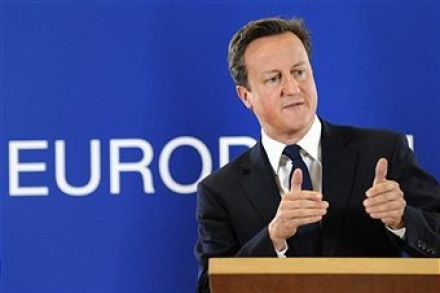More questions for Murdoch?
Much though most readers probably want it to, the phone hacking saga just won’t do the decent thing and die. Today brings fresh revelations. Colin Myler and Tom Crone, respectively former editor and head of legal affairs at the News of the World, have said that they sent an email to James Murdoch that supposedly undermines Murdoch’s testimony to the Culture, Media and Sport Committee. The Guardian reports that the email, “known as ‘for Neville’, because of its link to the paper’s former chief reporter Neville Thurlbeck, is thought to have been critical in News International’s decision to pay out around £700,000 to Taylor in an out-of-court settlement after he





















